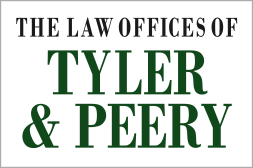The Food and Drug Administration applies rigorous standards when testing a drug forpotentialmarketing. Regardless, it is possible that a drug that received approval for sale could present a serious danger to the general public. Once a drug is available to consumers, both the company that markets the drug and the FDA must stay alert so as to respond to any unpredicted issues.
If a defective drug finds its way into the public sphere, it is a serious problem that needs to be addressed in a timely manner so as to limit its potential for causing harm. An over-the-counter or prescription drug that is deemed potentially harmful or defective, may be recalled either by the company that makes it or by the FDA.
But what factors could inspire a recall? Here are some as accounted by one news source:
- If the drug’s manufacturing process is flawed. Issues with the potency, quality and/or purity of a drug could cause a recall.
- If the drug potentially suffers from contamination. Contamination of a drug may occur during distribution or production.
- If the drug is inadequately packaged or is labeled incorrectly. Inaccurate or unclear instructions regarding dosage may result in a drug being pulled from the shelves.
- If the drug poses a danger to the health of consumers. Sometimes a health hazard may not be revealed until after a drug has been put on the market.
One would hope that a company would not hesitate to issue an immediate recall on any drug suspected of having the potential to harm consumers. Unfortunately, a drug company may opt against making such a move for fear of losing profits. Thus, a drug that is unsafe may remain in circulation until a recall is imposed by the FDA.
If you believe a dangerous or defective drug has in some way harmed you or a member of your family, you should have your suspicions addressed immediately by a physician. You may then wish to contact a Texas attorney who may be able to further examine your case and perhaps represent you in potentially justifiable.
